|
This interview was conducted in October 2022. Meet Akshay Ravi, who has previously worked as a VFX Production Coordinator at Industrial Light & Magic and, as of 2024, currently works as a production coordinator at Blur Studios! Read on to learn about Akshay’s journey into the industry, the exciting (and difficult) parts of a production role, and some helpful advice for the future! So, first off, tell us a little bit about you and what you do!
My name is Akshay! I graduated from USC’s School of Cinematic Arts in 2020, where I got to double major in Media Arts and Practice, and Film and TV Production. I primarily focused on directing, producing, and editing in school, and while there, I fell in love with the act of helping foster the visions of people around me. Can you share with us a little about your journey starting out? In all honesty, I ended up in VFX by chance. I grew up in Illinois convinced, like every other Indian boy in my little suburb, that I wanted to go into engineering, law, or business— despite having spent my whole schooling excitedly pursuing roles in theater. It was a natural transition to pursue my real passion: storytelling. Production can be seen as a tedious role, dealing with all the logistics, but I found a lot of joy in building up the incredibly talented people around me, and when it came time to find a job, I not only found a lot of meaning in this, but I also felt that it was the best place for me to learn and grow as a storyteller. What makes a role in production unique from other roles in the pipeline? Production is amazing because you really get a deep insight into everything that goes into making a film or show. I work in VFX, and having been both a Production Assistant and a Production Coordinator, I’ve gotten the chance across both roles to interact with incredibly talented artists in various steps of the VFX pipeline. I also get a lot of high-level insight by working very closely with the Producers and VFX Supervisors on the shows I’ve been on. As someone whose first goal is to learn and grow as a storyteller, getting this kind of access is invaluable in understanding how to make content in an increasingly technology-oriented industry. What does a typical day as a production coordinator look like? Lots of meetings. JK. But seriously. As a Production Coordinator, I spend a lot of time chatting directly with my discipline supervisor, production, and the artists, and making sure that my department will be able to complete the work that we’ve been tasked. We have to be in accordance with the overall show schedule and with respect to client and internal priorities, as well as respond to client and internal needs as they arise. That might sound easy on paper (I thought so, at first), but the more you get into the show, the busier it gets. It’s like playing a game of Tetris, but instead of building blocks, it’s all the work needed to make sure my department delivers successfully on time, and that everything we need to do has been done. What are the most fun parts of your job? The best part of working in a VFX team is the camaraderie. In any creative space, you get very close with the people that you are in the trenches with, and it’s no different with VFX. Not only is the team that you work with just the most amazing people around, but you also just learn so much by being around people who are such experts in what they do. Some of the people I work with have been at this for decades, and getting to be in the same room as those people, learning what they have to offer, is just incredible. What is the most challenging part of your job? The most challenging part is definitely balancing out all the priorities that come our way. Coordinators are very hands-on with the department they work with and have to field questions from other departments, all sorts of meetings and correspondences, and everything to help keep the project on track, and it can definitely be challenging to find the balance and make sure that everything is being handled in the best way. What is an important lesson you learned early on in your career? I’m still early on in my career, and the lesson that I keep learning over and over again is that there’s always more to learn. First, I had to learn that when I’m overwhelmed, it’s okay to need to take a breath or slow down. Second, I learned just how important it is to just make sure to listen and pay attention— both for the sake of doing the job right (lol) and for the sake of just pure learning. This has lent itself to some of my biggest lessons on storytelling and the VFX process in my career. What advice would you give to someone aspiring to work in production? Be prepared to rise to the demands of the job, but remember that it’s a whole lot of fun. In production, you get to be in the epicenter of the whole process as an observer, and that’s not something you should take lightly; but the side effect of being in the epicenter is that people always ask you for things, and you have to brace yourself to be overwhelmed, and to not know things, and to accept growth— all of which are so okay. Most importantly: enjoy the ride! Writers: Jordan (@deadswampsofsadness) | Point Person: Gaby, AIA Team Comments are closed.
|



